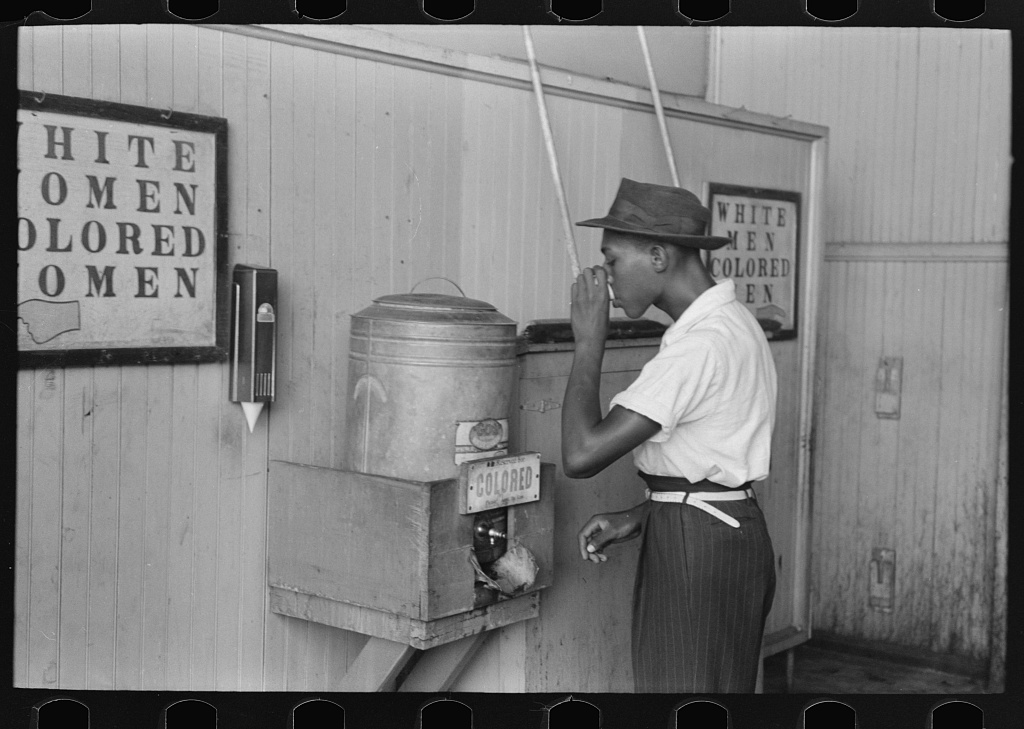
Although this series of lessons utilizes sources from the Civil Rights Movement, the topic of focus could be changed to better support student needs or to better align to your topics of study.
Students will practice with language at the discourse, sentence, and word/phrase level while exploring primary sources connected to the Civil Rights movement. These lessons were framed around the driving language demands embedded in the expressive language expectation: students will construct social studies arguments that select relevant information to support precise and knowledgeable claims with evidence from multiple sources. Starting with this as the overarching goal of the unit, the lessons build towards the academic language knowledge and skills students will need to frame their claims.
Students begin with developing foundational language around stating opinions based on a range of texts explored in lesson one. In lesson two, students begin to shift their use of language from opinion statements to more formalized claim statements. In lesson three, students build upon their knowledge of claims and begin to identify relevant evidence to support their claim. Finally, in lesson four, students pull together their learning to state a claim about whether civil disobedience is an effective tactic or not and support it with relevant evidence.
Note: This is framed as a multi-day sequence of lessons, that can be taught as a sequence of lessons or teachers can select the most salient lesson(s) from the sequence. Throughout the lessons, multilingual learners will develop the language necessary for success in the content area of social studies.
Lessons can be extended over a few days or combined depending upon the length of the class periods.
Download:


